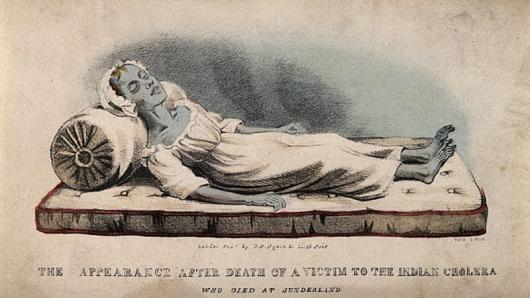Description
This course introduces students to systems thinking and system models in public health. Problems in public health and health policy are often complex, involving numerous actors, institutions, and risk factors. When an outcome is dependent on many interacting and adaptive parts and actors, traditional statistical methods cannot be used to analyse or predict the outcome. Systems thinking is a fundamental skill in public health that assists health policymakers in developing programmes and policies that are aware of and prepared for unintended consequences.
Syllabus :
1. Introduction to Systems Thinking and Complex Adaptive Systems
- Introduction to Systems Thinking
- Why Use Systems Thinking
- Health Systems Applications of CAS: Health Systems Frameworks and the Problem of Implementation
- CAS Pathways: The Problem of Scaling Up
- Where Systems Thinking Helps: Understanding the Types of Problems, Theories, Methods, and Tools
- Systems Thinking In Practice - Understanding and Engaging with Stakeholders
- Network Analysis, Participatory Impact Pathways Analysis, and Summary
2. System Conceptualization Using Causal Loop Diagrams
- System Conceptualization and Mapping
- System Conceptualization and Mapping: Introduction to Causal Loop Diagrams
- Causal Loop Diagrams: Basic Components
- Causal Loop Diagrams: Sources of Data, Strengths, and Weaknesses
- Introduction to Community-Based Causal Mapping Workshop
- Community-Based Causal Mapping Workshop
- Developing causal loop diagrams using Vensim
3. System Dynamics Simulation Using Stock-and-Flow Diagrams
- System Dynamics Simulation Using Stock-and-Flow Diagrams
- Using Stock and Flow Principles for Simulation
- Defining Stocks
- Flow and Control Variables
- Case Example: Application of Stock and Flow Diagrams to Public Health
- Advanced Model of Volume and Quality
- Advanced Model: Cure and Prevention Model
- Tutorial on How To Develop Stock-and-Flow Diagrams Using Vensim
- Analysis Using Agent-Based Models: Trying Things Out
- Breakdown of the Agent-Based Approach
- Case Study of Epidemic Modeling
- How to use agent-based models for scenario-building using Netlogo
4. Practical and policy implications
- How Systems Thinking Can Contribute to Policy Decision Making
- Systems Thinking in Top-Down Policymaking
- Systems Thinking in Bottom-Up Policymaking









